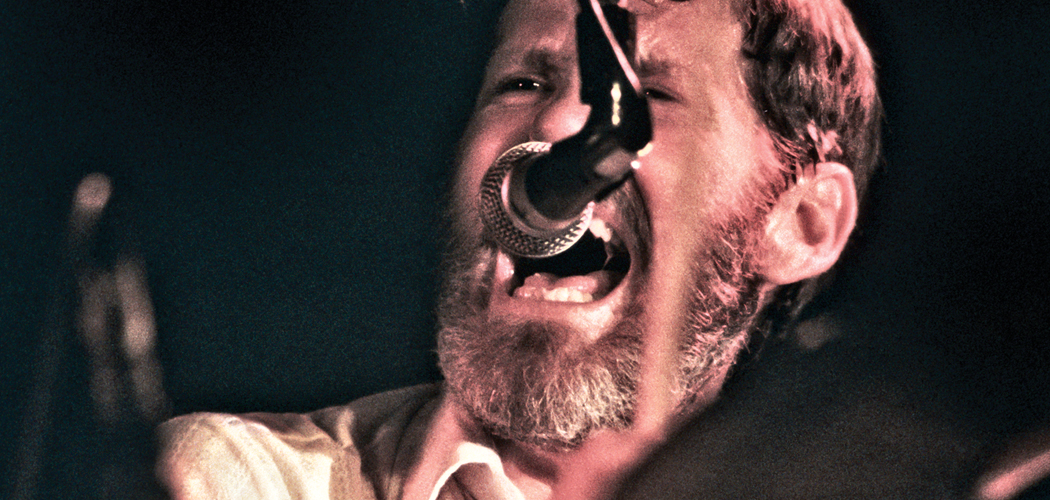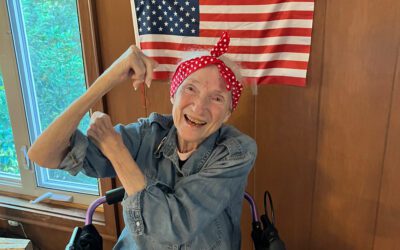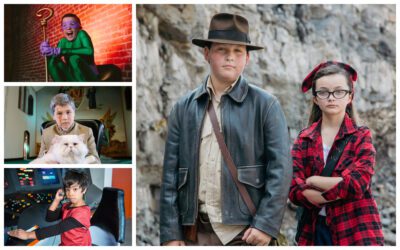[title subtitle=”words: Brenda Baskin
image: courtesy Art Meripol”]As Down to Earth
as Delta Dirt[/title]
On April 27, 2012 — the day of Levon Helm’s funeral — Arkansas Governor Mike Beebe ordered that all flags in the state be lowered to half-staff. A cloud of nostalgic sadness hovered over the music world when news of the singer’s death was announced. Those who came of age in the sixties and seventies had grown up listening to his music, and thanks to the award-winning albums he recorded during the last decade of his life, a new generation had begun listening as well. Here in Arkansas, folks not only listened — they felt a kinship with him. Until his dying day, Levon Helm was one of us.
He’s been called an American icon. Countless musicians claimed he was the best drummer in the world, including the late, great jazz drummer Buddy Rich. Drummers who sing are a rarity, but Levon did it and did it well. He was ranked #91 by Rolling Stone magazine in their 100 Greatest Singers of All Time list. It probably amused the man who once stated, “I’m not in love with listening to the sound of my own voice.”
A founding member of the 1960s group The Band, he helped change the course of rock and roll history. No one had ever played the way they did, or wrote tunes that diverged so much from the usual radio fare. In regaling his band mates with stories about the South, Levon inspired numerous songs, and his distinctive vocals highlight some of their most memorable ones, including “The Weight,” “The Night They Drove Old Dixie Down,” and “Up On Cripple Creek.”
It wasn’t just Levon’s musical gifts that made an imprint on the world. His high-beam smile, tenacious spirit and plain-spoken honesty (delivered with an Arkansas twang) charmed a generation, and made him a favorite son of his home state. While some celebrities downplayed their Arkansas backgrounds, he wore his like a badge of honor.
He was born Mark Lavon Helm in Elaine, Arkansas on May 26, 1940, the second of Nell and Diamond Helm’s four children. His family called him Lavon (La-VON), though he’d later change it to Levon (LEE-von), a concession to his Canadian band mates, who were unable to properly pronounce it.
Shortly after his birth, the family moved to the nearby area of Midway, in between Turkey Scratch and Marvell, along the Mississippi Delta. Diamond Helm was a dirt farmer who worked his land himself, with the help of his family and some hired workers. As a child, Lavon served as water boy, pumping water from the well and running it out to those who labored in the blazing heat. Until he was ten, his family had no electricity, but they knew how to have fun. Diamond and Nell instilled in their children a love of music, and taught them that the reward for a hard day’s work was an evening spent listening to the Grand Ole Opry and the King Biscuit Time broadcasts on a battery-powered radio. Nearby Helena was a stopping point for traveling musicians, and Diamond took his son to see nearly every minstrel show and concert that came through town. By age six, Lavon had decided on a career in music. When he was nine, Diamond bought him a guitar. At twelve, he rigged up a washtub bass for his younger sister and the two performed together as Lavon and Linda, once opening for Conway Twitty. Helm became such a fixture at radio stations and clubs in Helena that musicians let him come practice on their drums.
In high school, he formed a popular band called the Jungle Bush Beaters, and after graduation, fellow Arkansan Ronnie Hawkins recruited him to join his rockabilly group, the Hawks. In 1958, the band traveled to Canada in Hawkins’ Chevy. Everyone soon grew homesick and quit, but Ronnie and Levon stayed and hired Canadian musicians to replace them.
In 1965, the band broke away from Hawkins, recording and performing first as The Canadian Squires, then Levon and the Hawks. Bob Dylan liked their sound, and hired them as his backup band. He was experimenting, transitioning from folk to electric rock, and audiences weren’t pleased. Levon got so exasperated with their boos and heckling that he returned to Arkansas. He played in clubs with assorted musicians, including his cousins, the Cate Brothers. After two years of drifting, he rejoined his Canadian band mates, who were living in a big pink house in Woodstock, New York. Locals referred to them as simply “the band,” a name the group officially adopted.
Many musicians say that The Band’s first album, Music From Big Pink, was a revelation. Eric Clapton claimed, “It changed my life, and it changed the course of American music.” For a while, four Canadians and an Arkansan were among the most respected rockers on the planet. But bad management, in-fighting and other pitfalls of rock stardom broke them up. Their 1976 farewell tour was the subject of the Martin Scorsese documentary, The Last Waltz. It’s still acclaimed as a masterpiece, though Levon hated the film.
After The Band split up, Levon put down roots in Woodstock, which he said reminded him of the Ozarks while still allowing him to stay in close proximity to his daughter and his fellow musicians. In 1981, he married Sandra Dodd. He recorded albums, performed with various artists, and in 1983 began touring again with The Band (minus guitarist Robbie Robertson). His easy-going style and Southern accent made him a natural for films, and friend Tommy Lee Jones suggested him for the part of Loretta Lynn’s father in Coal Miner’s Daughter, the first of several movies and TV shows in which he appeared.
Mixed with his successes were setbacks. In 1986, while touring with band members Richard Manuel, Garth Hudson and Rick Danko, Manuel committed suicide. In the early nineties, Levon’s home and studio were destroyed by fire. In 1998, he was diagnosed with throat cancer, which left him unable to sing. He faced a mountain of medical bills, bankruptcy loomed, and foreclosure on his rebuilt residence seemed imminent (despite their acclaim, he never received much money from his days with The Band). Then, in 1999, band mate Rick Danko, one of his closest friends, died in his sleep, a loss Levon grieved over for the rest of his life.
It all might have crumbled a weaker man, but Levon’s hardscrabble Delta upbringing had made him resilient. He got well and regrouped, surrounding himself with family members, friends and fellow musicians. Woodstock rallied around him. He sweet-talked Barbara O’Brien, the local sheriff’s administrative assistant, into becoming his manager (and in the process, one of his best friends). They began holding “Midnight Rambles,” Saturday night jams held in his three-story barn. The Rambles were based on the traveling music shows of Levon’s childhood, and they became legendary.
Visitors paid $100 a ticket and brought a covered dish for the community potluck that accompanied each show. Almost every Saturday night, 250 eager fans arrived to hear Levon and his Midnight Ramble Band perform with some of music’s greatest artists. Emmylou Harris, Steve Earle, Gillian Welch, Los Lobos, Norah Jones, Jackson Browne, Sheryl Crow, Billy Bob Thornton were among those who dropped by for impromptu performances, which sometimes lasted eight hours. The Rambles lifted Levon’s spirits, paid his medical bills, and helped him keep the home he loved. They’re a tradition that continues to this day, though tickets are now $150.
Levon’s lease on life was extended for a dozen years after his cancer treatments ended, and he never seemed to take it for granted. He exuded joy, in his music and his life. His voice returned, now craggily beautiful and ingrained with the sound of his Delta roots. His relationship with daughter Amy deepened. A gifted musician/producer, her vocals enhanced the Rambles, as well as the three Grammy-winning albums her father recorded during his last five years. Levon also lived to welcome his grandson, Lavon Henry Collins, into the world.
He was showered with honors and accolades, but seemed unfazed by the attention. When The Band was inducted into the Rock and Roll Hall of Fame, he skipped the ceremony. He was also a no-show for a Grammy Lifetime Achievement Award, opting to stay home and play music with family and friends. And few had more friends than Levon Helm. His name inspired Elton John’s song, “Levon,” and is also the middle name of the pop-star’s son. Bob Dylan, the Beatles, Steely Dan and members of the Grateful Dead were all lifelong friends; so were the folks he grew up with in Arkansas.
When he died on April 19, 2012, 2,000 fans came to his barn to pay their respects. Two years later, his loved ones are still mourning. Barbara O’Brien, who still manages his affairs, says, “His passing has left a gaping hole in our lives. He’s missed terribly and will never be replaced. A more honest and benevolent man we’ll never meet.”
When those flags waved at half-staff on the day of his funeral, everyone in the Natural State understood. Levon Helm showed the world all that was best about Arkansas. In a way, he was Arkansas.
[separator type=”thin”]
To learn more about the Midnight Rambles (including samples of the music played there), visit: levonhelm.com




